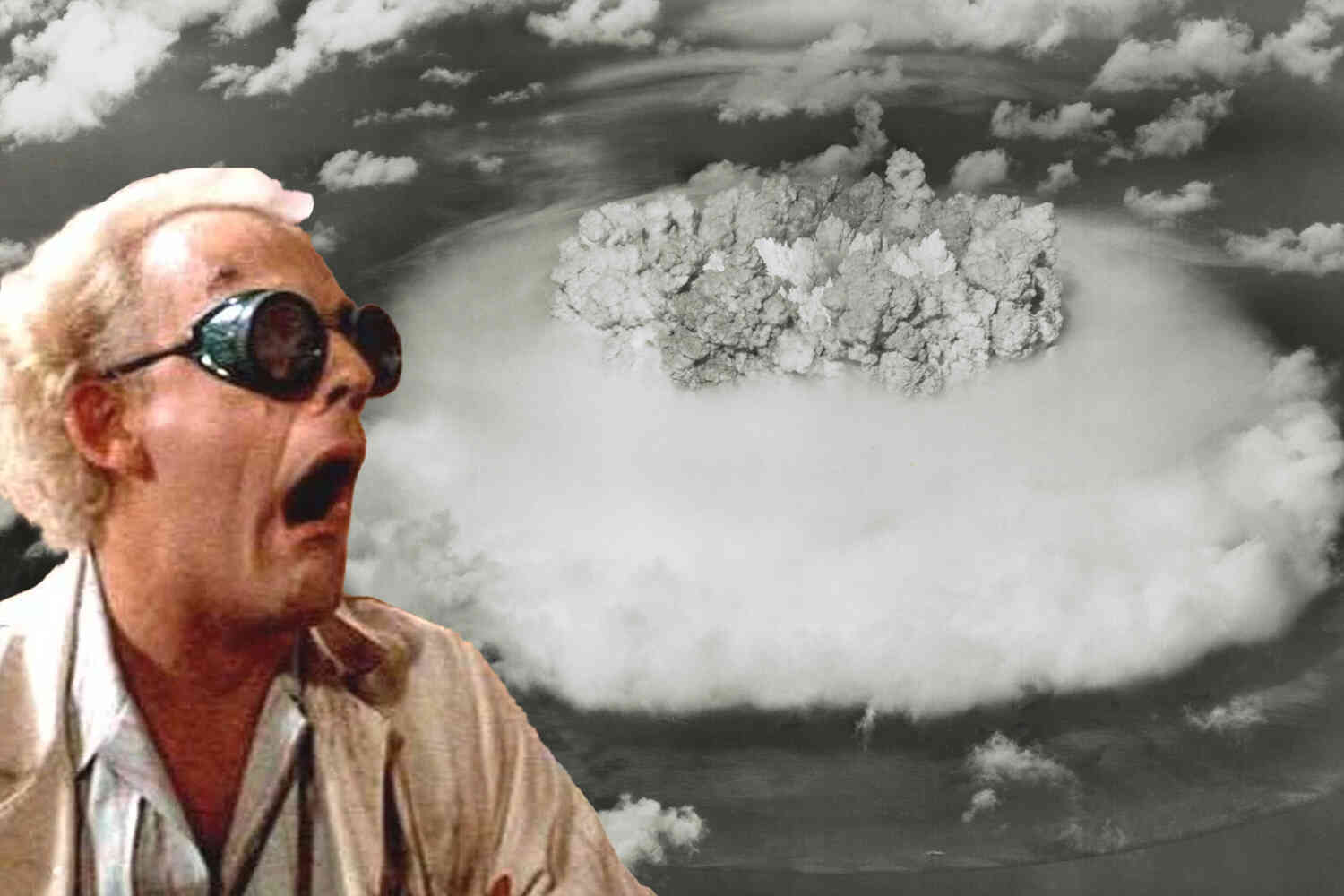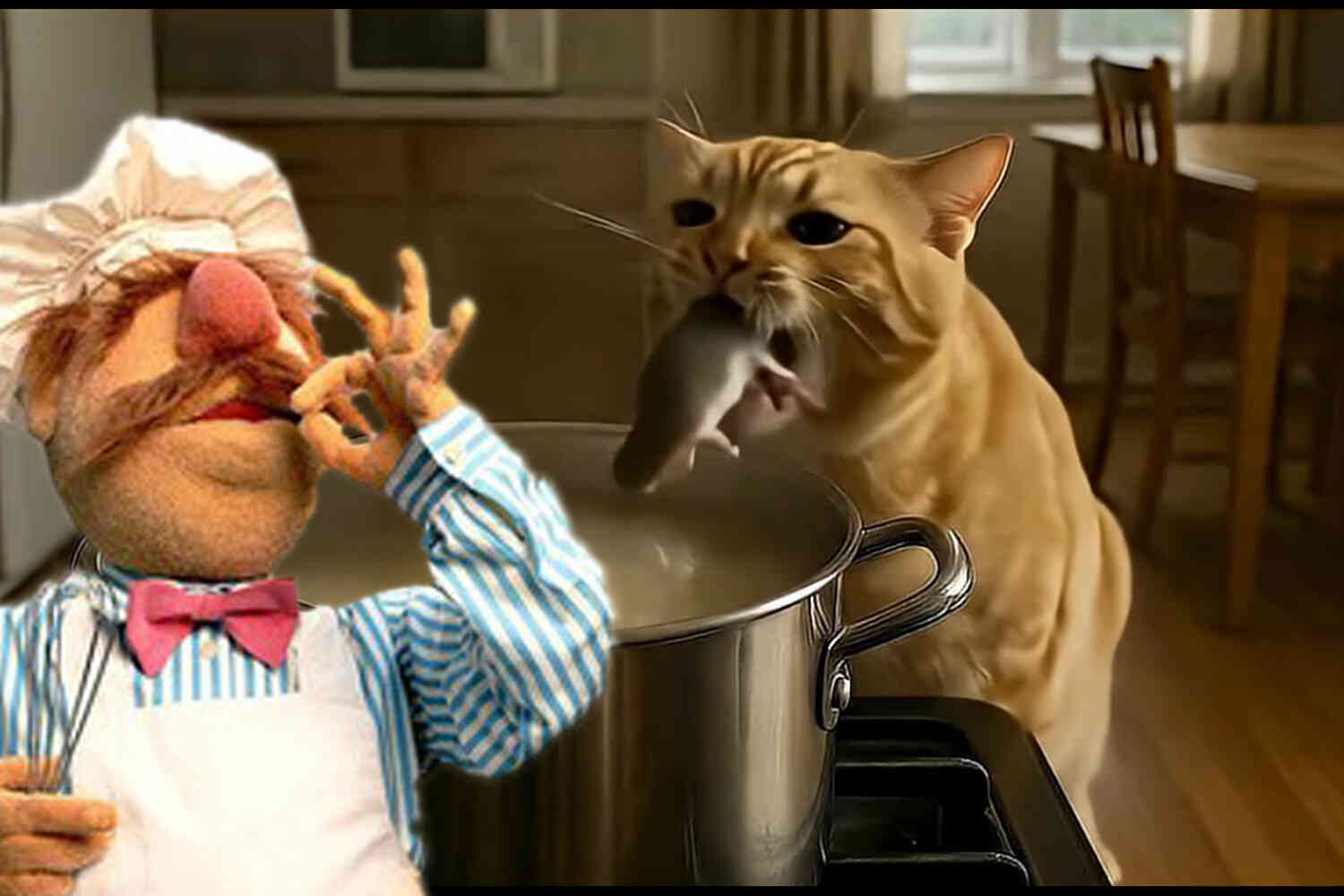Everyone is a hero in their own mind. That's not an insult - we want to believe the best about ourselves, our instincts, our character, and our will.
After any tragedy, natural or manmade, we often talk with others about what we would have done if we had been in that situation.
We'd have sat with the injured man on the steps of the South Tower, comforting and waiting with him for help to arrive rather than saving ourselves, just like Harry Ramos did on 9/11.
We'd have raced back into danger to rescue strangers pinned under the gunfire of a madman in Las Vegas, just as Jonathan Smith did in 2017.
We'd have dropped the pizzas we were delivering to run into a burning house and save five children from certain death, just like Nicholas Bostic did a couple years ago.
But the truth is, we don't really know - unless and until we are thrust into such an explosive moment in time. We can prepare, we can imagine, we can even train, but the mettle of man is often not revealed until the winds begin to howl, the waves begin to crash, the fire begins to rage, or the bullets begin to fly.
It was the latter that happened for Corey Comperatore on July 13, 2024.
The 50-year-old husband, father, and fire chief woke up that morning and excitedly posted his plans for the day, never realizing they would be his last words shared on social media:
As an avid supporter of former President Donald Trump, Comperatore had been publicly vilified, collectively if not individually, as an "extremist," a "threat to democracy," a "dangerous" person who "thrives in darkness, fear, and lies." In a matter of just a few seconds Saturday afternoon, Comperatore revealed he wasn't any of those things.
Upon hearing the sound of gunfire, he threw his daughter to the ground, shielding her and his wife with his own body, proving that if he was an "extremist" in any way, he was an extremist in self-sacrificial love.
If Comperatore was a "threat" to anything, he was a threat to the mistaken and misplaced belief that chivalry is outdated, that selflessness is obsolete, and that manliness is measured by outward appearances rather than inward convictions.
Corey Comperatore wasn't a man of "darkness." He was a man who confronted the very darkest manifestations of man's heart with an altruistic display that lives only in those whose soul has been redeemed by the Light of the World.
And fear? Lies? This man? While I can't possibly know the emotions or feelings he experienced in his final moments, his actions reveal a man walking through the valley of the shadow of death, choosing not to fear evil, but instead embrace the eternal truth spoken by his Savior that, "no one has greater love than a man who lays down his life for another."
In what has become our civilization's all-consuming struggle for political power, we have become deceived into judging the value and worth of man based on the party he supports, the rallies he attends, the hats that he wears, and the votes that he casts. On July 13, Corey Comperatore exposed to all who will pay attention that is a lie from the pit of Hell.
Man is much more than his tribe, and life is much more than politics.
It's funny, isn't it? Well, funny in an extraordinarily convicting kind of way: had I traveled to Butler, Pennsylvania, last Saturday, I wouldn't have gone to see Corey Comperatore. I wouldn't have even known who he was. No, I would have been there to see a former, and perhaps future, president. That's how distorted the things we value and esteem can become when we view life through a worldly prism.
I don't want to do that. I don't want to be like those chasing and pursuing worldly significance and prestige.
God, make me a man who will throw himself on top of others when bullets fly. Make me a man who will lay down on top of his wife and children, never to get up again, if it means that they can.
Father, make me like Corey Comperatore.
P.S. Now check out our latest video 👇
Disclaimer: The opinions expressed in this article are those of the author and do not necessarily reflect the opinions of Not the Bee or any of its affiliates.









